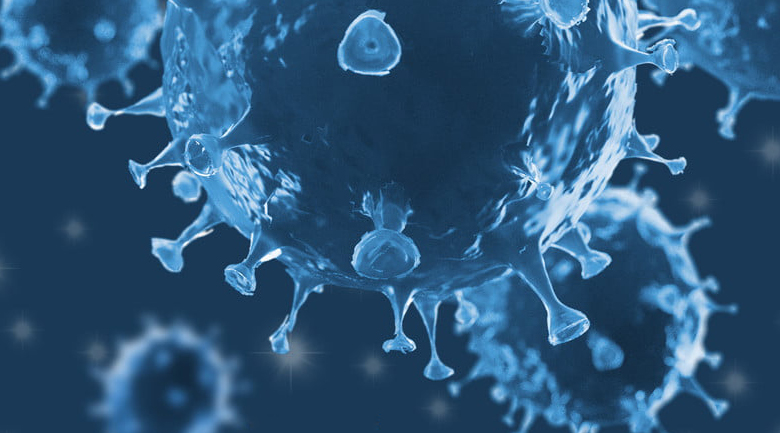
An independent panel of experts for the Food and Drug Administration voted unanimously today to recommend booster shots for all Americans aged 18 years and older who received the Johnson and Johnson COVID-19 vaccine. The second booster dose should be given at least two months after the original shot.
A main concern surrounding J&J’s vaccine has always been its effectiveness. The one-shot vaccine has never been shown to have the same level of protection as the two mRNA vaccines-Pfizer’s and Moderna’s-both of which require two doses.
Researchers at the meeting noted that the vaccine should perhaps always have been a two-dose series. Data provided by J&J scientists shows that a second dose of the company’s vaccine provides a higher level of antibodies than one dose alone.
Further, the method the researchers used to track antibody levels, which helps scientists determine how effective a vaccine is, could be more thorough in future research. The panel of scientists agreed unanimously that a booster dose of the J&J vaccine would provide better protection than a single dose alone.
This news comes a day after an advisory panel unanimously recommended booster shots of the Moderna vaccine and one month after the panel recommended boosters of Pfizer’s COVID-19 vaccine.
Many argue that once the panel decided on boosters for Pfizer’s vaccine, the same recommendation would be made for the other two vaccines.
With booster doses for all three currently available COVID-19 vaccines likely coming, many researchers are considering whether mixing and matching vaccine types would be more beneficial than using the same vaccine.
Research on this topic is ongoing and virologists are using data collected from groups who have already received different brands of COVID-19 vaccines; this mainly included immunocompromised individuals who were authorized to receive a booster dose back at the end of the summer.
